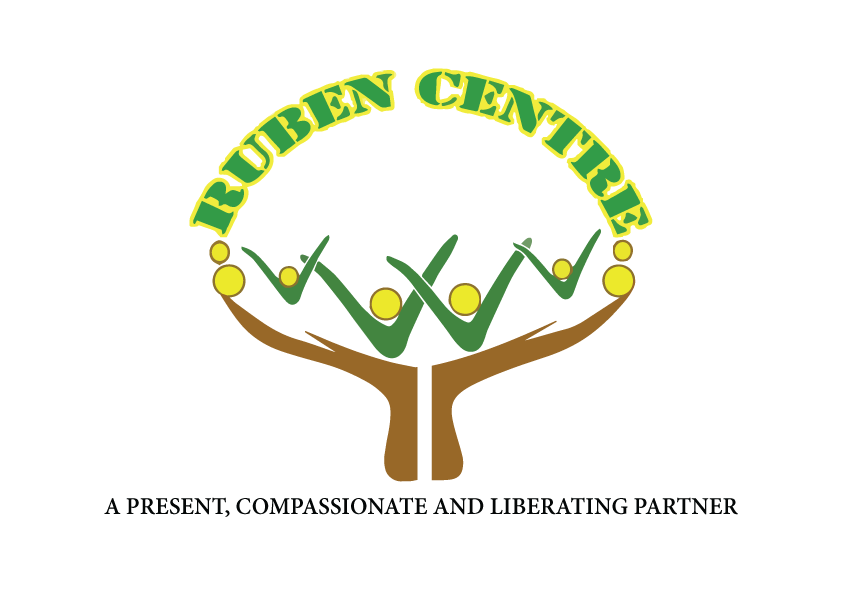Engaging communities through Participatory Education Theatre (PET)
Mukuru informal settlement was declared a Special Planning Area (SPA) under the Kenya Physical Planning Act (2012) criteria for a Special Planning Area. This meant that Mukuru needed substantial redevelopment as well as the upgrade of the entire informal settlement. The informal settlement grew drastically due to the surge in rural-urban migration, which led to an increase in population, with most residents looking for work as casual laborers in the manufacturing industries close to the settlement.
Over the years, Mukuru has evolved to become one of the largest informal settlements in Nairobi. Population pressure and abject poverty have led to many societal vices, such as crime, drug abuse, rape, prostitution, school dropouts, as well as other conflict factors such as land grabbing and the scramble for basic resources. Although the process of upgrading the slums has brought significant development, it has also been characterized by tensions due to the uncertainty of land tenure, fear of displacement, violence during evictions, and the violation of human rights for displaced persons. This has often been driven by inadequate community involvement by the parties spearheading the SPA process.
IMAGE COURTESY: Muungano Wa Wanavijiji
Ruben Centre, through the 'Amani Ni Sisi' program, has continued to advocate with the community to mitigate the risk of forced evictions and the displacement of Mukuru residents through the use of various strategies, one of them being Participatory Educational Theatre (PET), a powerful tool for change. For years, we have been using PET to address these sensitive issues, and the results have been remarkable.
Youth Peace Champions posing for a photo.
PET's conflict-sensitive and participatory approach has provided a platform for meaningful engagement with the Mukuru Community in an inclusive and non-confrontational manner while encouraging dialogue, allowing the community to probe, reflect, and air their concerns, which is crucial when dealing with emotionally charged topics like housing and land.
Skilled facilitators play a pivotal role in maintaining neutrality during PET sessions, guiding discussions, and preventing conflicts from escalating. In late August this year, community members gathered at the Ruben Centre Hall in Mukuru for a PET session focusing on highlighting the historical demolitions that have affected the Mukuru informal settlement for years. This was a culmination of several other PET sessions held in different parts of Mukuru earmarked for upgrading, including Mukuru Kwa Njenga, Kwa Reuben, and Viwandani.
Youths engaged in a PET session.
The PET session also highlighted community concerns regarding the ongoing government development projects in Mukuru, including the lack of community involvement in public participation regarding the Affordable Housing projects ongoing in Mukuru. Residents feel excluded from discussions and decisions that directly affect their living conditions and future.
A key concern is the historical demolitions that have been undertaken in the informal settlements without prior and adequate notices, forced evictions without alternative housing frameworks for the evicted population. A case example is the displacement of over 70,000 residents of Mukuru kwa Njenga in 2021, who were displaced due to evictions to pave the way for a national highway (The Catherine Ndereba Road) that had been earmarked within the area.
Activist and Community Leader Roseline Asena speaking to a group on matters embracing peace.
In addition, the lack of factual and timely information on the development processes has led to fear, tension, speculations, and rumors, which are detrimental to peace and cohesion in the community. PET has empowered Mukuru residents to be agents of change and to have a collective responsibility in advocating for their fundamental rights. Aligned with other strategies, the Amani Ni Sisi program will continue to empower the community to advocate for their rights, negotiate with authorities, and develop sustainable solutions to longstanding challenges.
Written By: Margaret Kariuki (Project Officer - Amani Ni Sisi Project in Mukuru)
Edits: Gregory Barake




